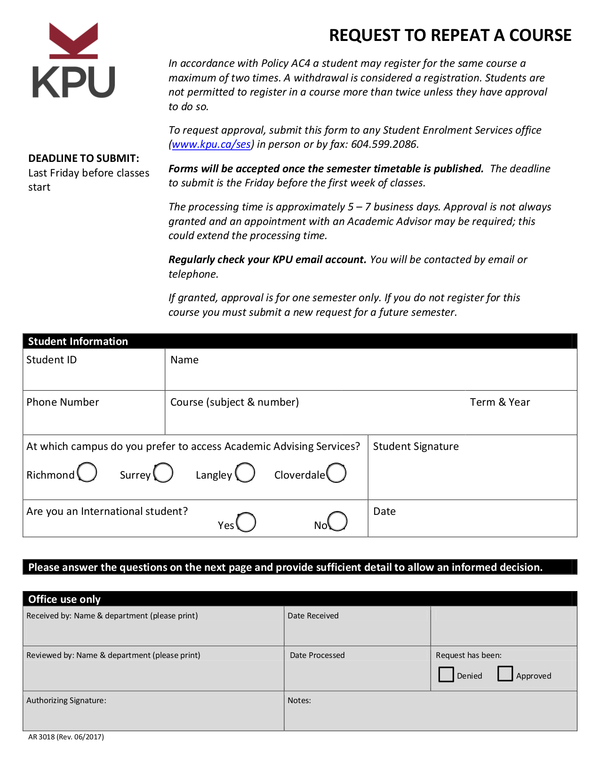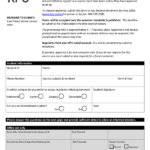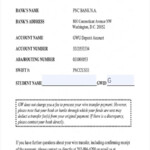Summer Transfer Credit Form Gwu – If you’re not sure about the process of transferring or have questions about the process, you can use to the transfer credit acquired Form or the TCAF. It’s possible that you have a course which you did not finish or haven’t earned a grade for or perhaps you’re wondering whether you could use it to earn your degree. The good news is that you could. A majority of courses that have a C or better don’t require material review. However, you must remember that any coursework that isn’t able to transfer to a specific U-M course will be considered departmental credits. If it doesn’t, you won’t be able to transfer it to another U-M course , and you could have a hard time meeting the requirements of your degree.
The coursework must receive a grade equivalent to a C – or higher.
To be eligible for transfer credit you must have the standard of C or higher. In order to be eligible for transfer credit, they must have been completed in an accredited college or university for example, the Higher Learning Commission or the Middle States Association of Colleges and Schools (MASAC). International programs are assessed upon an individual basis. Official transcripts must be provided at the CCS. Your previous institution must have been able to recognize the courses.
For credits to be transferred from your previous college, courses taken at a foreign institution must have earned a grade of C or better. Not all grades, including Pass/Satisfactory, are transferable, nor is college algebra, developmental courses or technical and career courses. However this policy has been modified during the COVID-19 virus, and any courses taken before then can be considered transferable.
For transfer credit, courses offered at regionally accredited institutions must have been awarded a grade with a grade of “C” or better in the previous institution. To be able to transfer credits, the courses must be identical in scope and the content. While a grade of C is generally the minimum standard for transferable credit some institutions do accept grade levels of “D” or higher. Accreditation bodies include The Middle States Association of Colleges and Schools The New England Association of Schools and Colleges and the Northwest Association of Schools and Colleges and Southern Association of School and Colleges.
TCEL includes courses that have transferred to Clemson prior to. This isn’t a comprehensive listing and the courses not included in this list should be evaluated before applying to Clemson. It is also worth noting that the TCEL listing also provides Equivalencies for courses, however, the list does not reflect differences in the amount of credits awarded between institutions. The TCEL lists courses that are comparable to other courses at institutions However, the Office of Admissions’ evaluations are based on the latest information.
While your prior work could be acceptable, it is important to review its academic consequences. If it is not possible to successfully complete the required coursework take into consideration retaking the course. Be sure to earn at the very least an “C” in the course and you have met any conditions required by the university. In the event that you repeat a course, it is possible to do so two or 3 times can impact your GPA cumulatively so you need to be aware of this when making a decision to repeat it.





